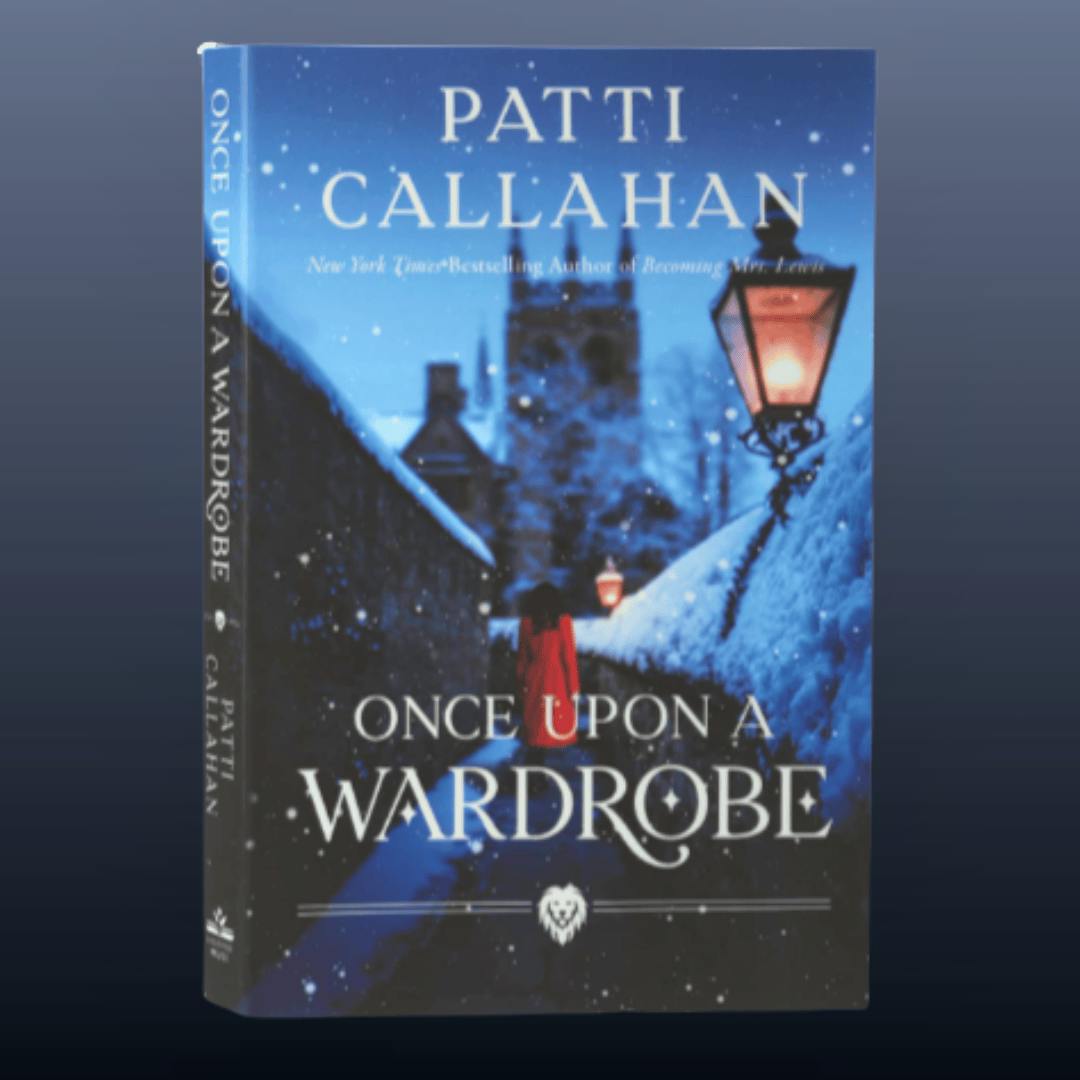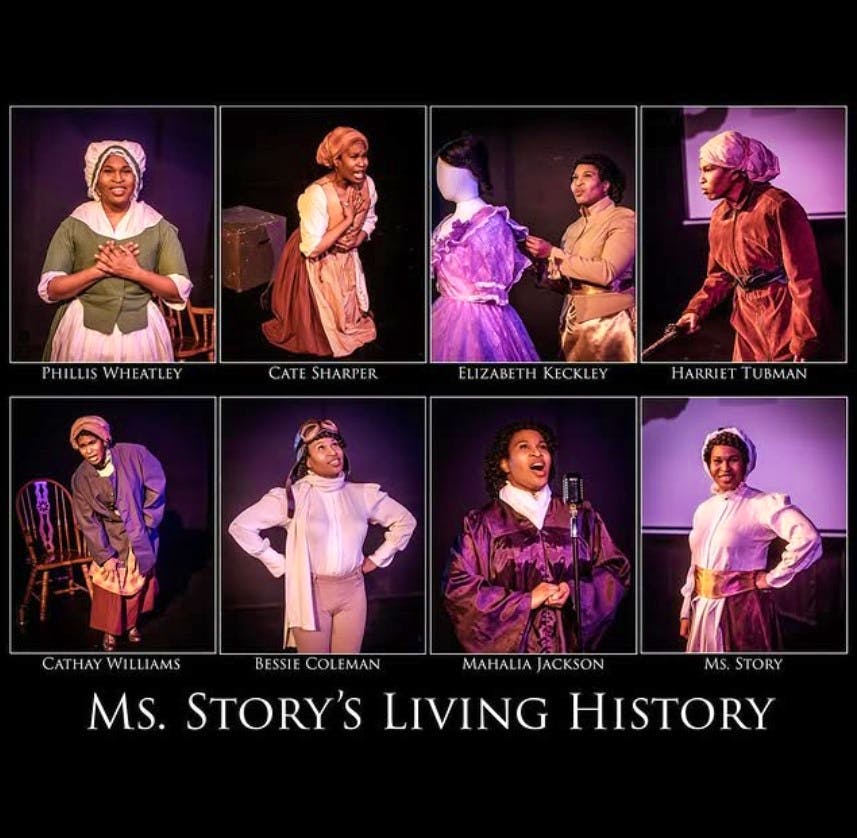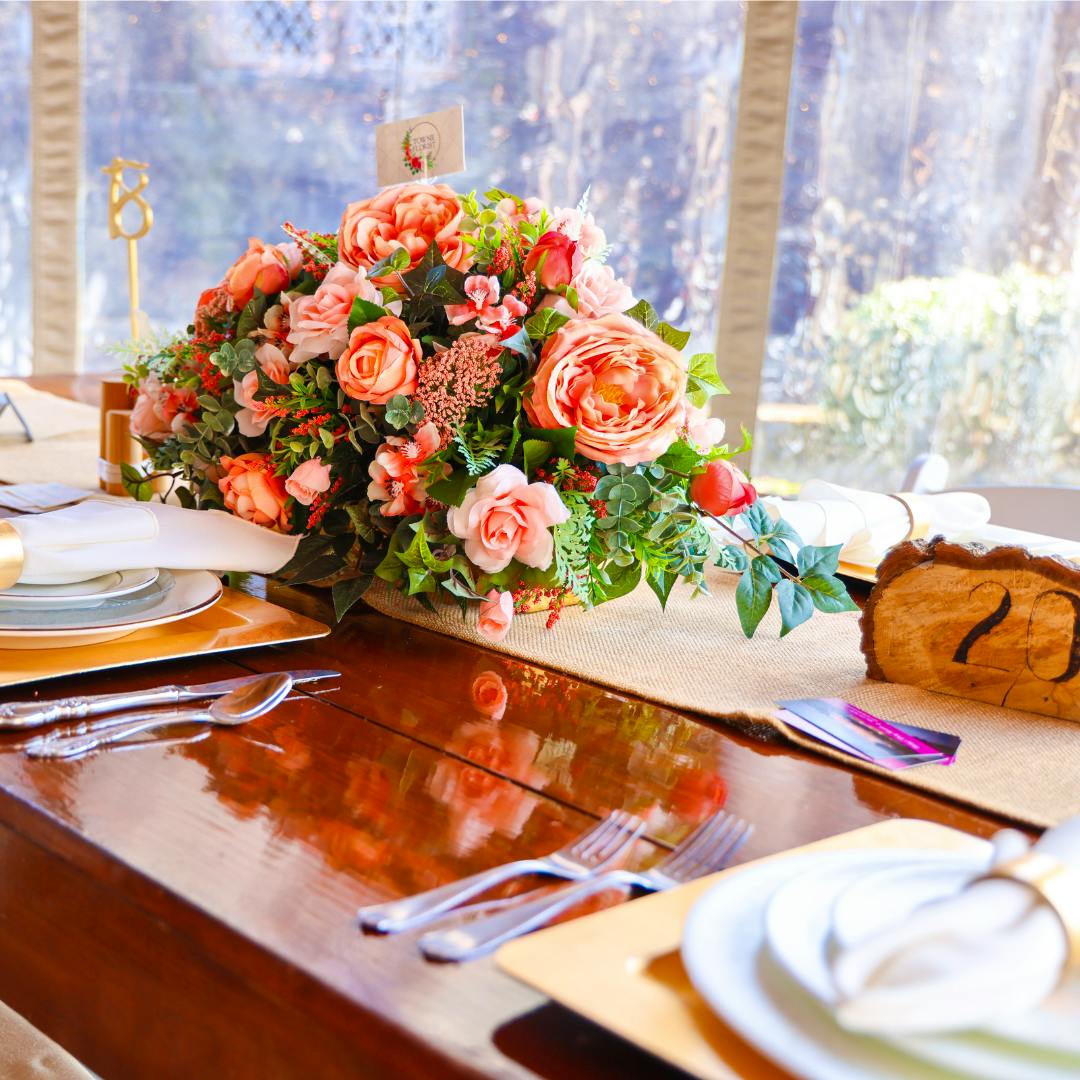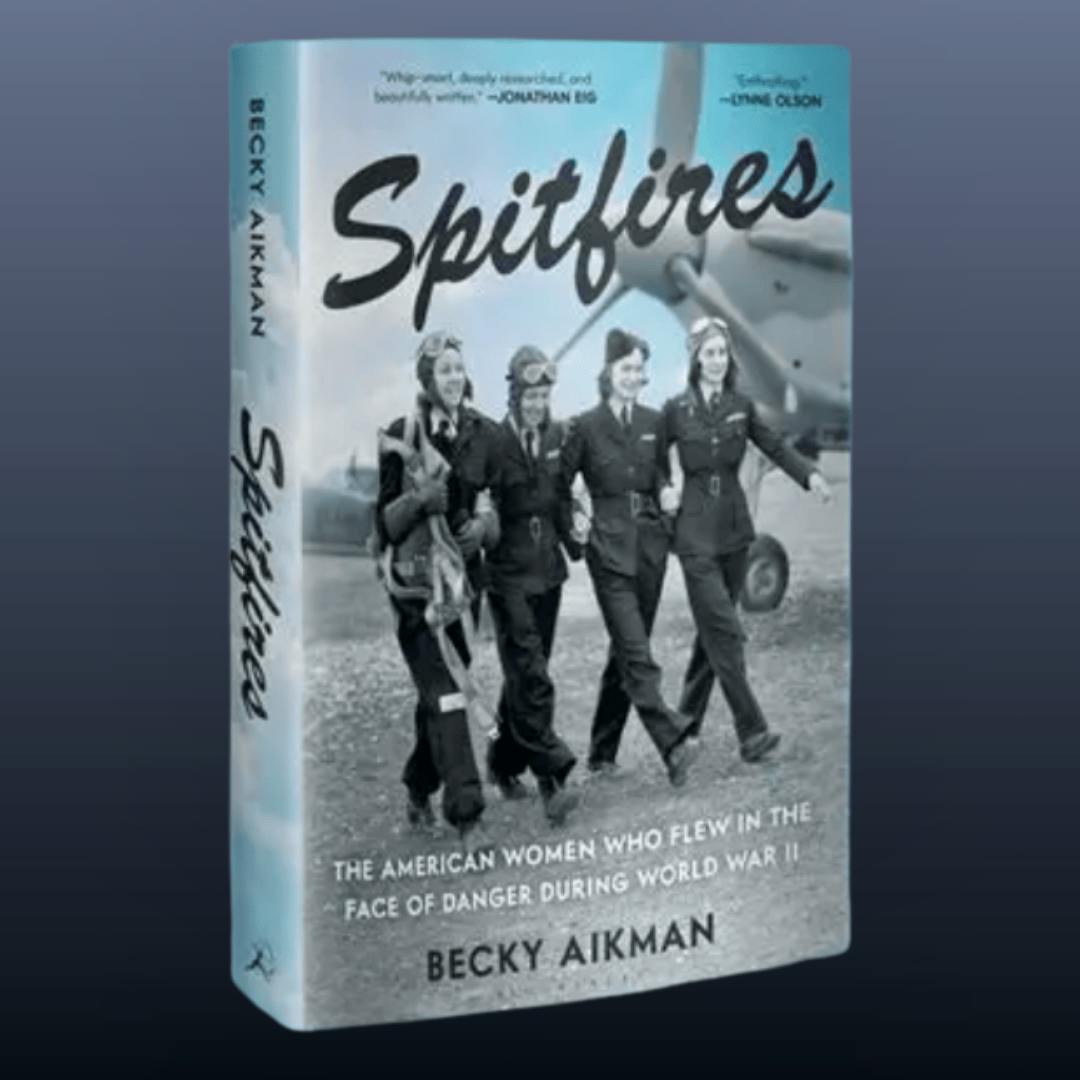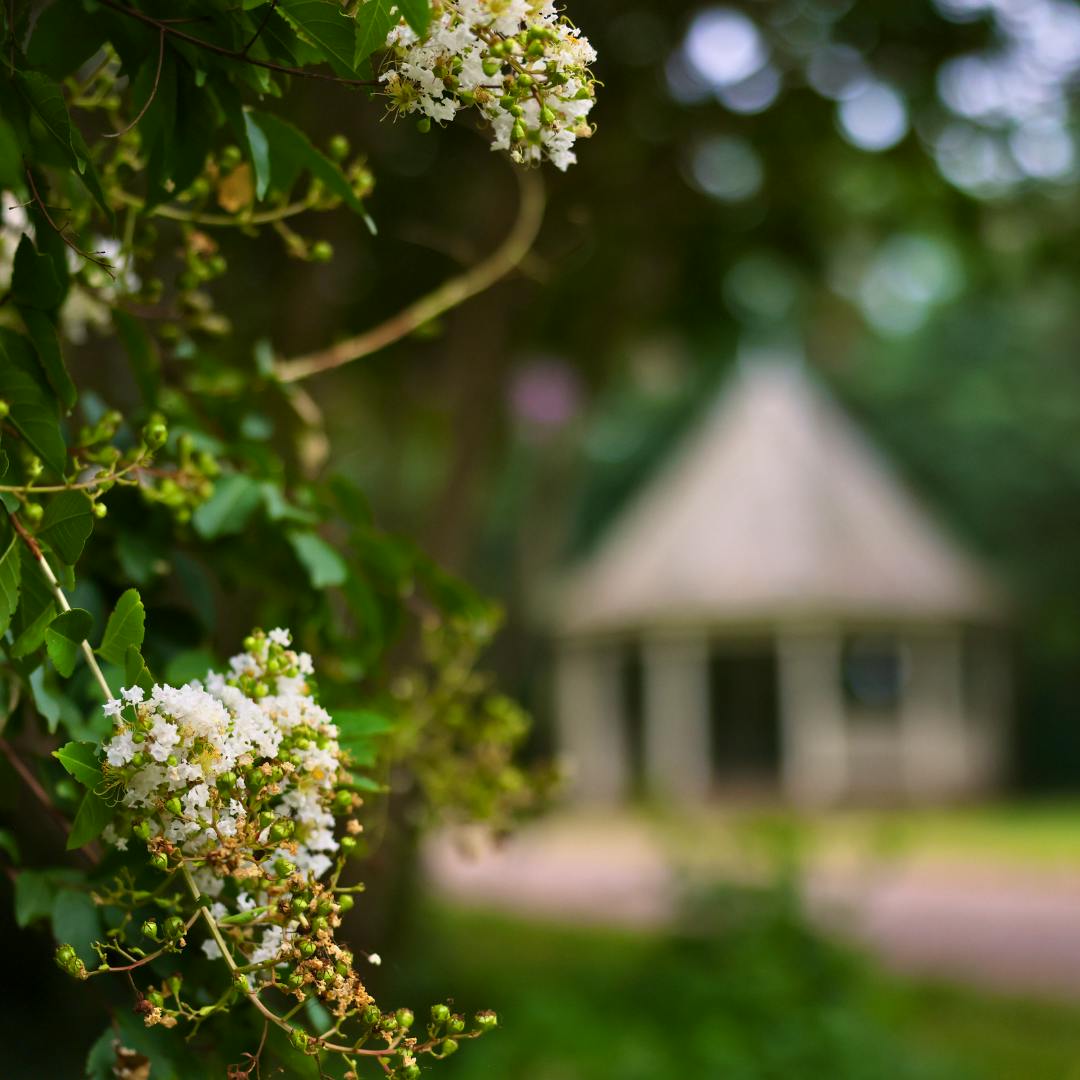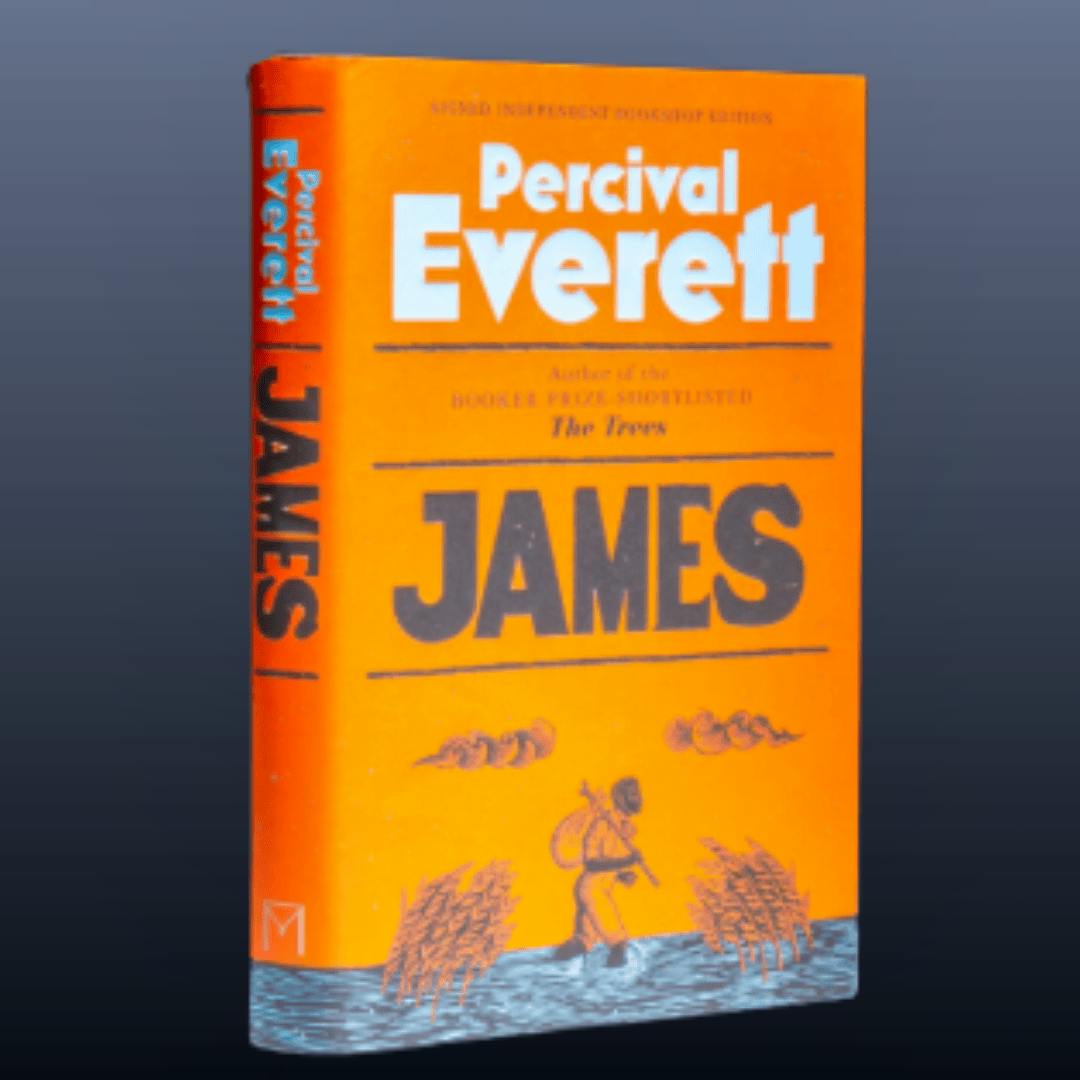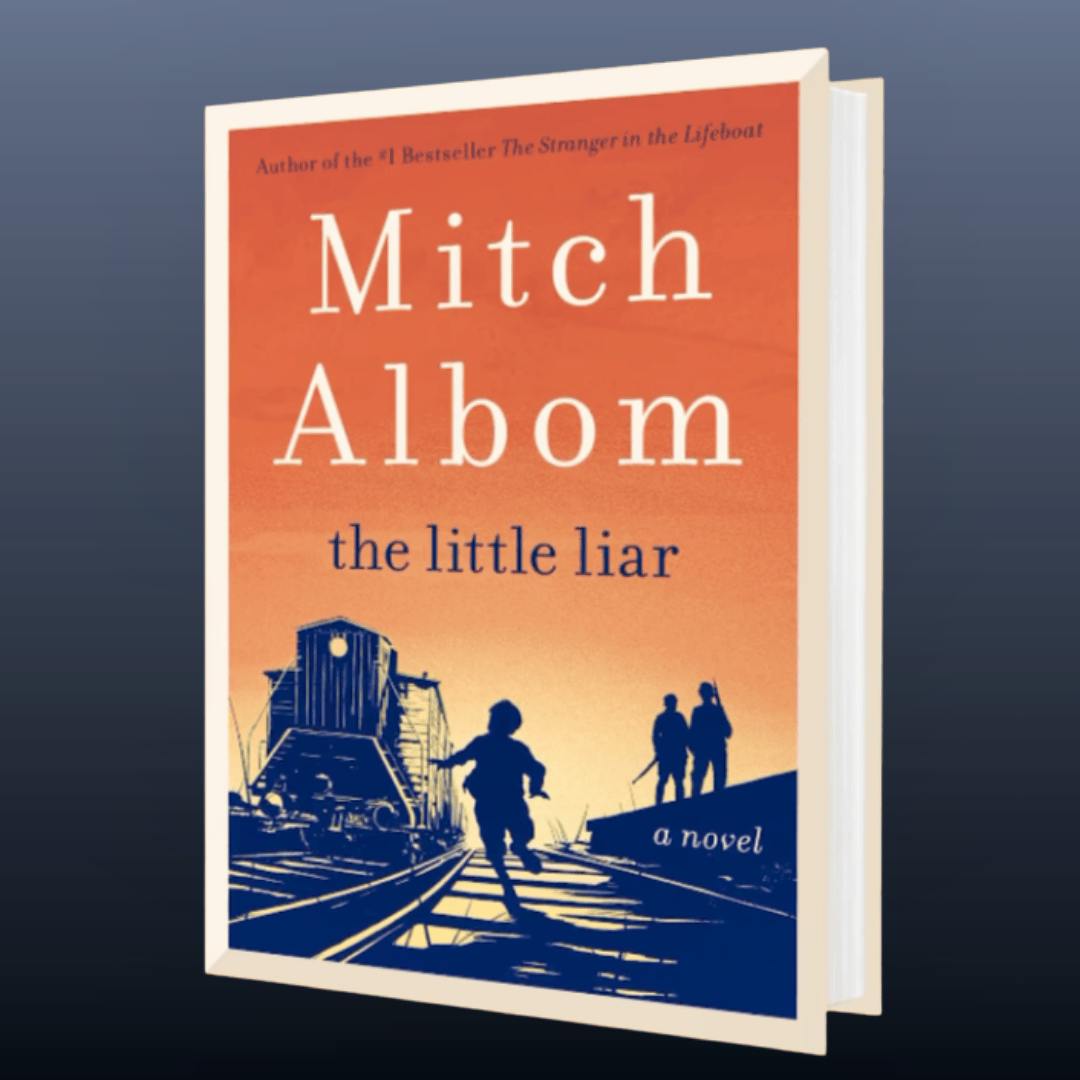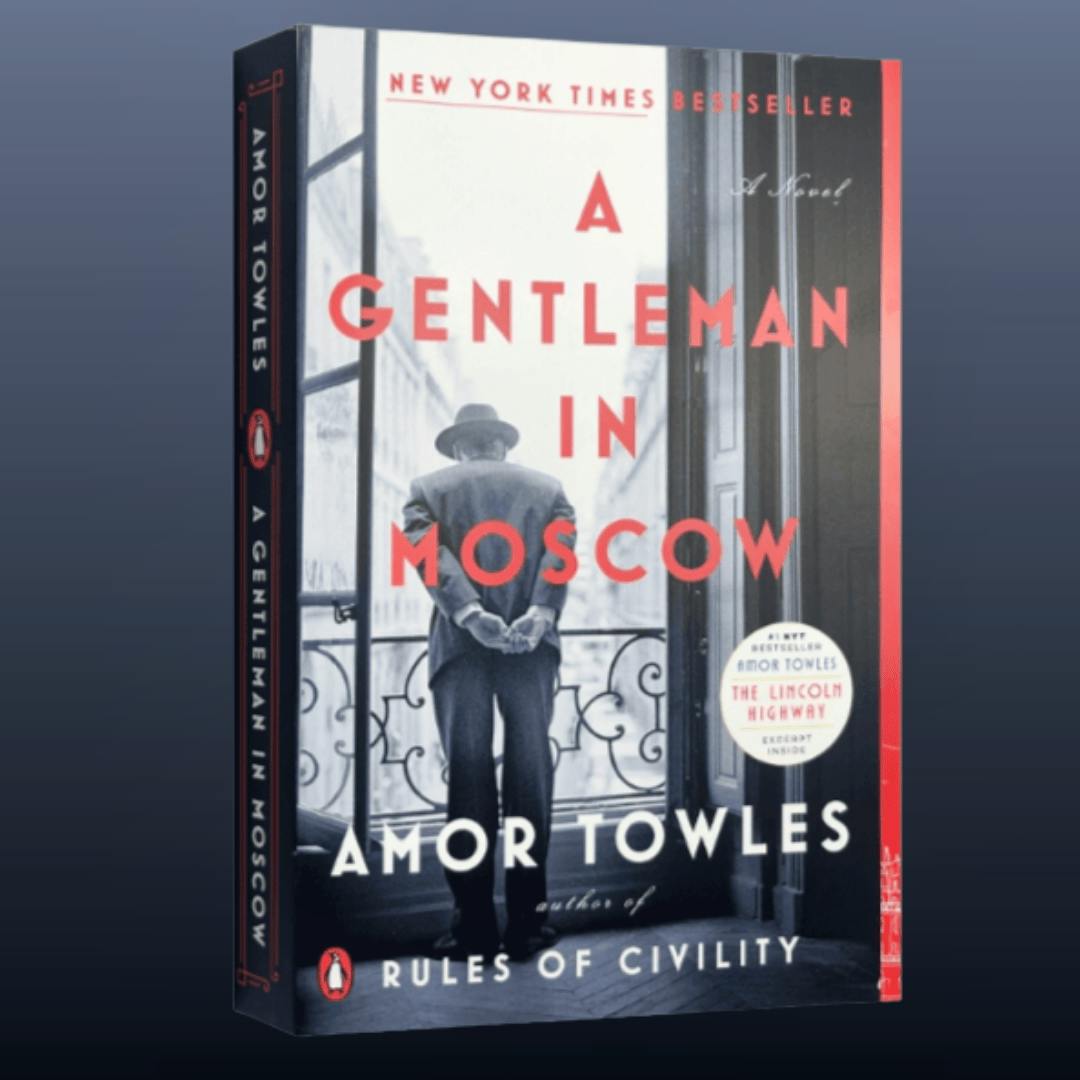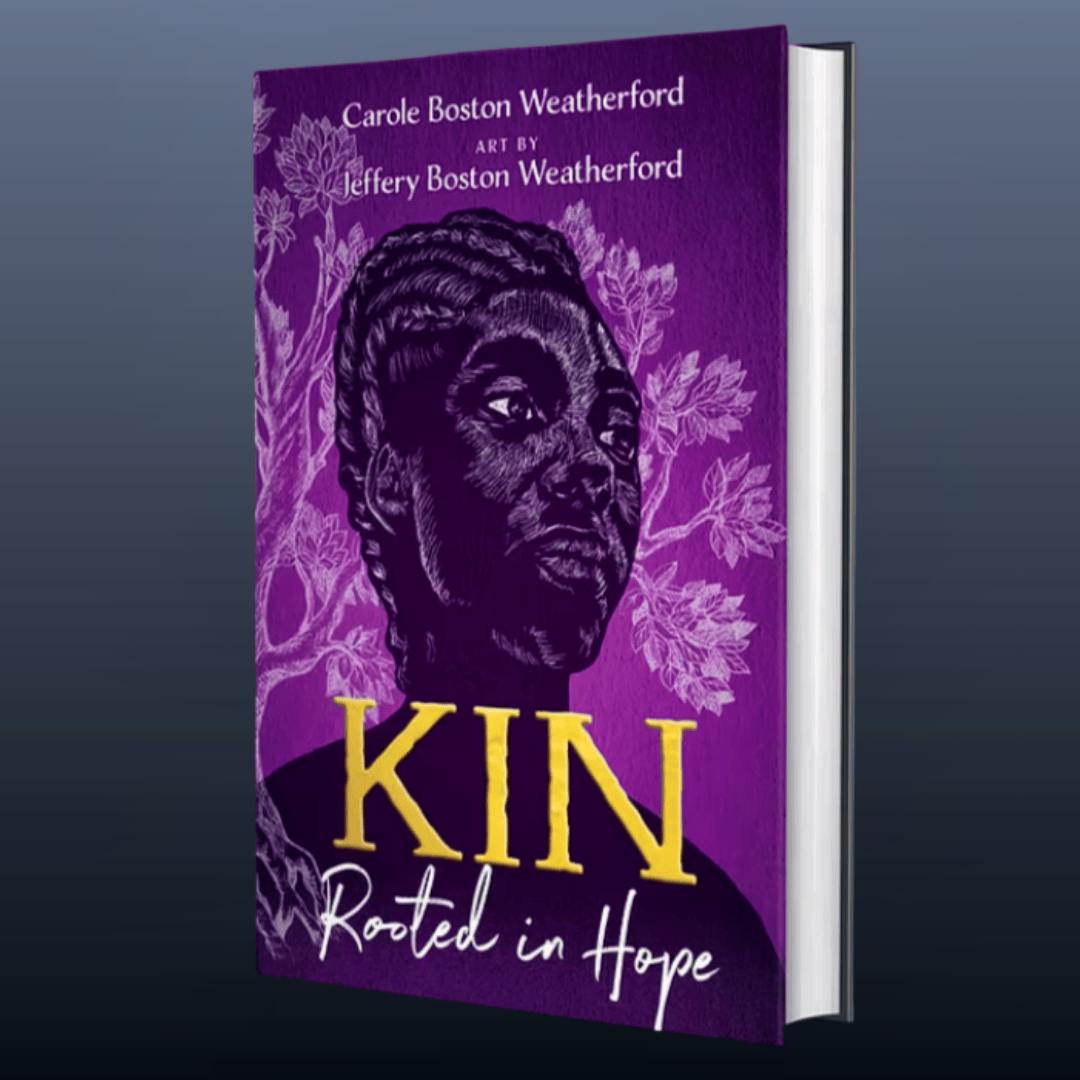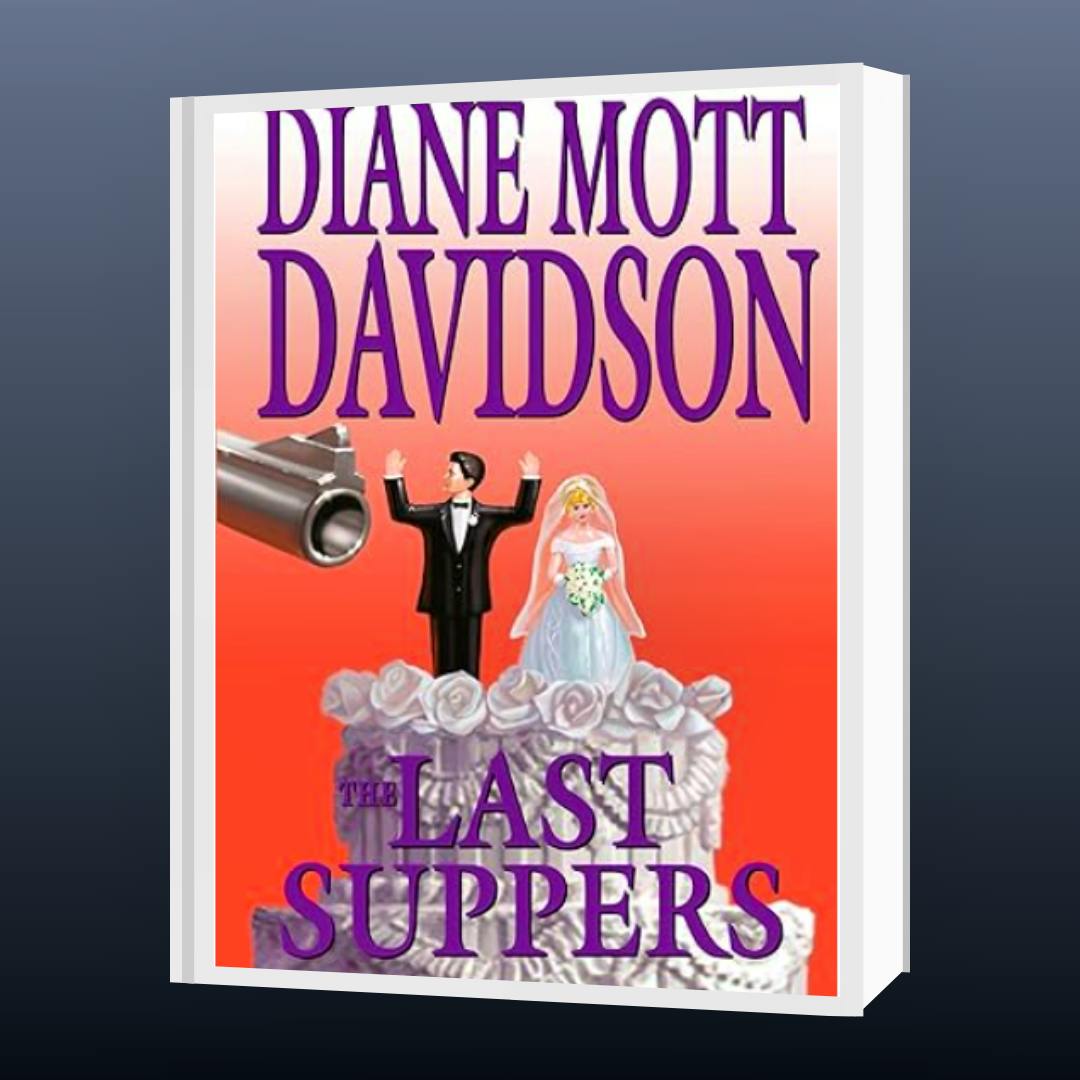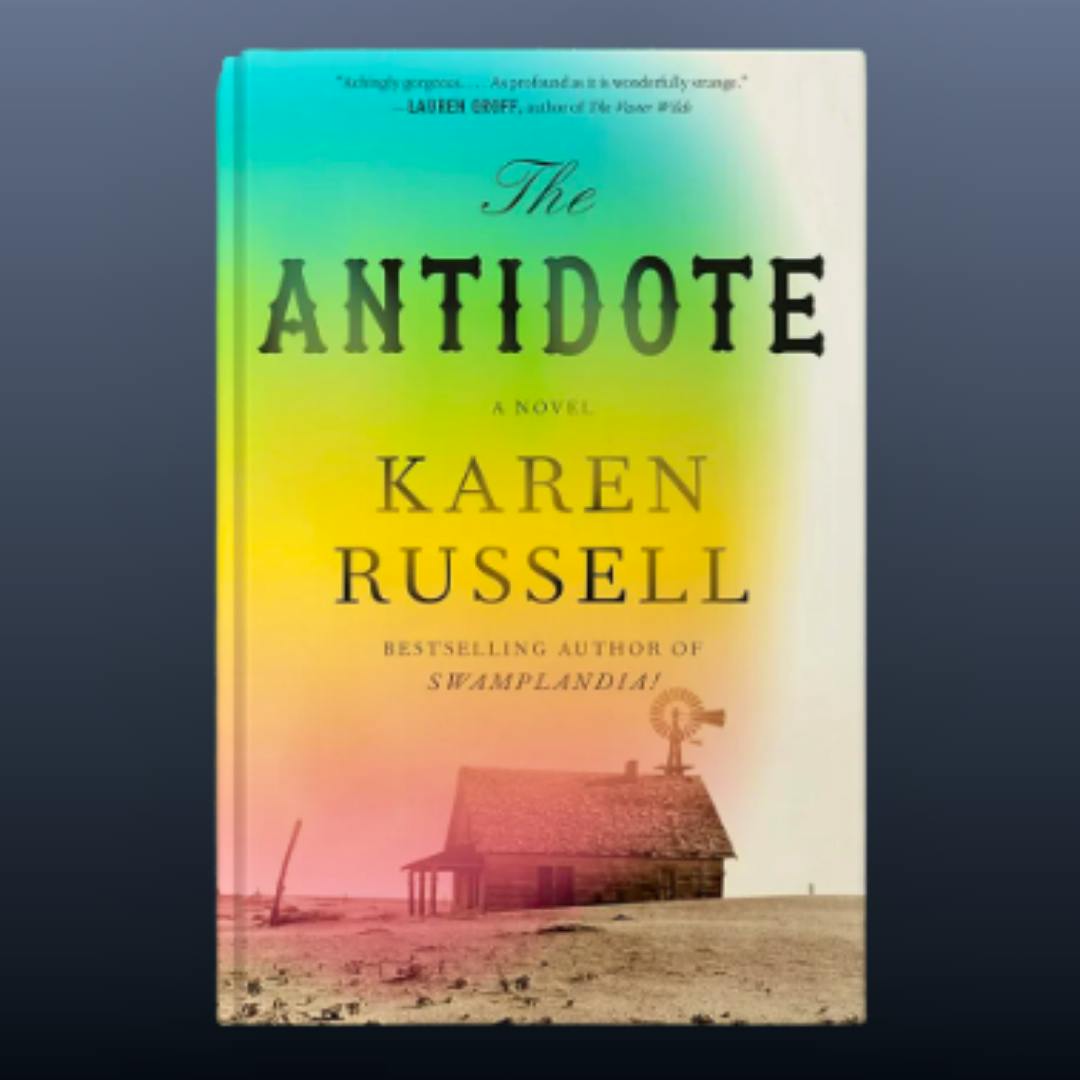Historic St. Mary's City outdoor exhibits are closed for the winter.
St. John's Site Museum winter hours: Fridays and Saturdays, 10 a.m. to 4 p.m. January 23 - March 17
Lectures
Lecture – Potagers, Morellos, and Stew Holes: Brick cooking stoves in the American Colonies and Early United States
18751 Hogaboom Lane St. Mary's City , 20686
21 Apr 2022
7:00pm - 8:00pm
Lecture – Potagers, Morellos, and Stew Holes: Brick cooking stoves in the American Colonies and Early United States
18751 Hogaboom Lane St. Mary's City , 20686
21 Apr 2022
7:00pm - 8:00pm
- Overview
Potagers, Morellos, and Stew Holes: Brick cooking stoves in the American Colonies and Early United States
Jennifer Ogborne, Ph.D.
HSMC Curator of CollectionsApril 21
7 p.m.
Visitor Center Auditorium
FreeIn the late 1980s, archaeologists working at Thomas Jefferson’s Poplar Forest plantation found a complete cast iron grate in the remains of the early nineteenth-century kitchen. This grate was once a part of a brick cooking stove utilized by enslaved cook Hannah to prepare meals for Jefferson’s family when they stayed at the house in Bedford, Virginia. This style of the raised cooking surface was not unique to Poplar Forest or Jefferson, but they were rare in the early nineteenth century. Raised cooking surfaces have been in use for centuries in many cultures around the world. One of the earliest depictions of this type of masonry stove occurred in Bartolomeo Scappi’s Opera dell’arte del cucinare (1570). The illustrations within depict stoves almost identical to Jefferson’s version which Scappi called morello per pignatte. In France, they were called potagers and became integral to French cuisine with its delicate sauces that required more precise temperature control than a hearth would allow. By the eighteenth-century masonry structures with “stew holes” were depicted in English architectural plan books for both mansions and more modestly sized houses. Variations of the brick stove were constructed in the American colonies in the seventeenth, eighteenth, and early nineteenth centuries. This talk will explore the potential origins of masonry stoves in Europe, their various permutations, and how they were utilized in the American colonies and early republic.
About Jennifer Ogborne, Ph.D.:
Dr. Ogborne is currently the Curator of Collections at Historic St. Mary’s City and specializes in material culture analysis, archaeological database ontologies, and spatial analysis with research specializations in foodways and provisioning, textiles and clothing, historical ecology, and plantation studies. She received her doctoral and master’s degrees in anthropology with a specialization in historical archaeology from the College of William and Mary and her undergraduate degree from Bowdoin College.
Related Events
Outdoor Exhibits Open for the Season
Historic St. Mary's CityTue, Mar 17, 2026
10:00 AM - 04:00 PM
Events
Book Club – “The Lost Apothecary”
Visitor CenterWed, May 13, 2026
02:00 PM - 03:30 PM
Book Club, Events
Book Club – “The Little Liar”
Visitor CenterWed, Jun 10, 2026
02:00 PM - 03:30 PM
Book Club, Events
Book Club – “A Gentleman in Moscow”
Visitor CenterWed, Jul 8, 2026
02:00 PM - 03:30 PM
Book Club, Events
Book Club – “Kin: Rooted in Hope”
Visitor CenterWed, Aug 12, 2026
02:00 PM - 03:30 PM
Book Club, Events
Book Club – “The Splendid and the Vile”
Visitor CenterWed, Sep 9, 2026
02:00 PM - 03:30 PM
Book Club, Events
Book Club – “The Last Suppers”
Visitor CenterWed, Oct 14, 2026
02:00 PM - 03:30 PM
Book Club, Events

